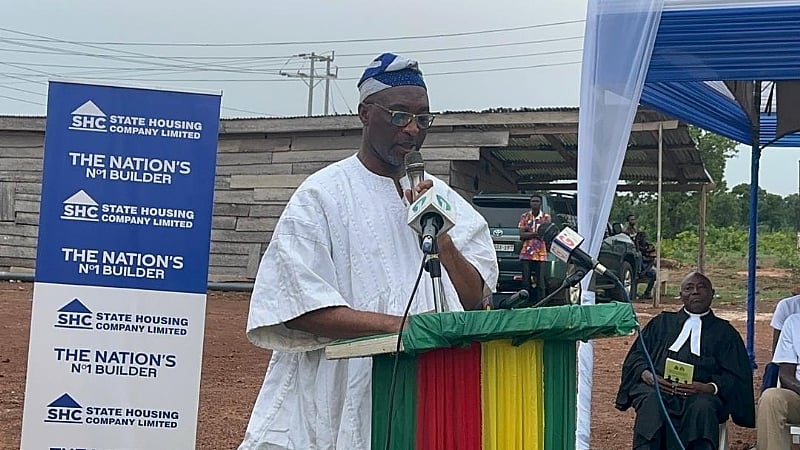The Ghanaian government, spearheaded by Interior Minister Muntaka Mohammed-Mubarak, is embarking on a nationwide campaign to clear urban centers of beggars and street dwellers. This initiative, framed as a crucial measure to restore order and bolster national security, will involve a coordinated operation across five major cities, including Tamale, utilizing various security services. The minister underscored the urgency of this action, citing it as a necessary step to address potential threats to public safety and national security posed by these individuals. He further emphasized that the recent roundup of over 2,000 foreign nationals engaged in street begging in Accra serves as a precursor to the larger national operation. With nearly half of those detained already repatriated, the government intends to complete the process by the end of the week, sending a clear message of its commitment to this initiative.
The operation extends beyond addressing the issue of begging to encompass other activities deemed detrimental to public order, specifically targeting individuals involved in sex work in public spaces. Minister Muntaka explicitly stated that sex workers, along with beggars, are considered threats to national security and will be subject to removal from the streets. He reinforced this stance by highlighting the ongoing efforts in Accra, where authorities have actively targeted foreign beggars, emphasizing that similar actions will be implemented nationwide to address both begging and prostitution. The minister’s unwavering commitment to this operation signals the government’s resolve to address what they perceive as a growing security concern.
The justification for the removal of beggars and sex workers goes beyond mere nuisance abatement. Minister Muntaka argues that their presence represents a significant threat to national security, necessitating immediate action. While he did not elaborate on the specific nature of the security threat posed by these individuals, his pronouncements suggest a perceived link between their activities and potential risks to public safety and national stability. This framing of the issue underscores the government’s determination to address what they view as a multifaceted challenge with potential ramifications for the country’s security landscape.
The minister’s visit to Tamale for the commissioning of a new residential complex for the Ghana Immigration Service coincided with his announcement of the upcoming national operation. This juxtaposition reinforces the connection between the government’s efforts to strengthen its security apparatus and its commitment to tackling issues of public order. The provision of improved housing for immigration officials underscores the government’s investment in bolstering its capacity to manage migration and border control, which they likely see as intertwined with the broader objective of maintaining public safety and national security.
While the government’s stated objective is to enhance public safety and national security, the planned operation raises potential concerns regarding the rights and well-being of the targeted individuals. Critics might argue that such actions disproportionately affect vulnerable populations and could lead to human rights violations if not implemented with due consideration for their needs. The focus on removing individuals from the streets without addressing the underlying socio-economic factors that contribute to begging and sex work might be seen as a short-sighted approach that fails to address the root causes of these issues.
The forceful removal of beggars and sex workers without providing alternative means of support or addressing the systemic factors that drive them to these activities raises complex questions about social justice and human rights. While the government’s concern for public order and national security is understandable, a comprehensive approach that combines enforcement with social welfare programs would be more effective in addressing the underlying issues and ensuring the well-being of all citizens. Such an approach would involve not only providing alternative means of livelihood but also addressing the systemic inequalities and lack of opportunities that often contribute to these activities. This holistic strategy would better serve the long-term interests of both the individuals affected and the nation as a whole.














